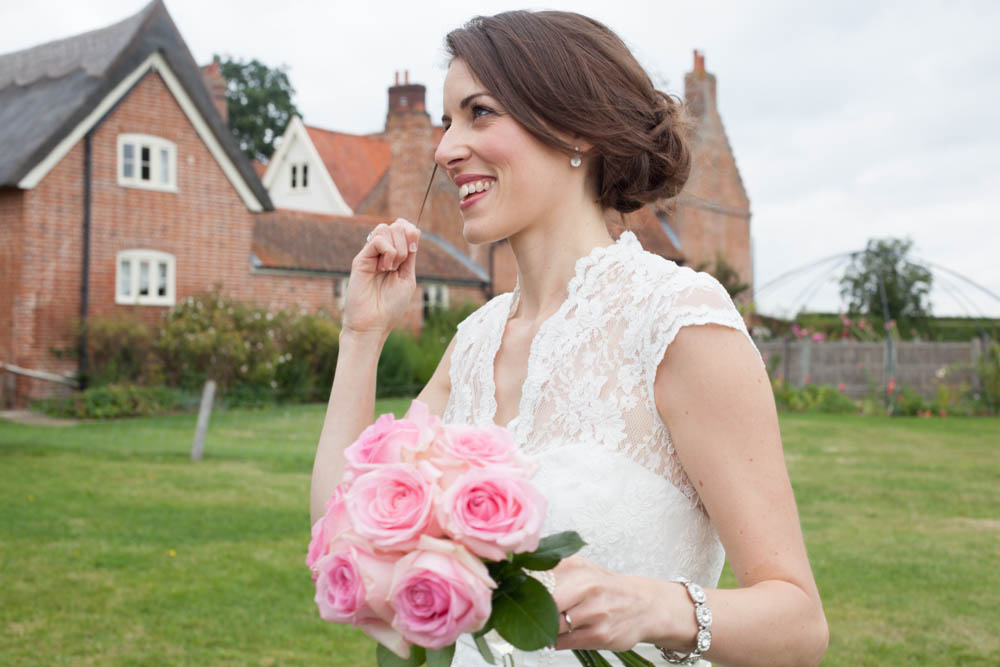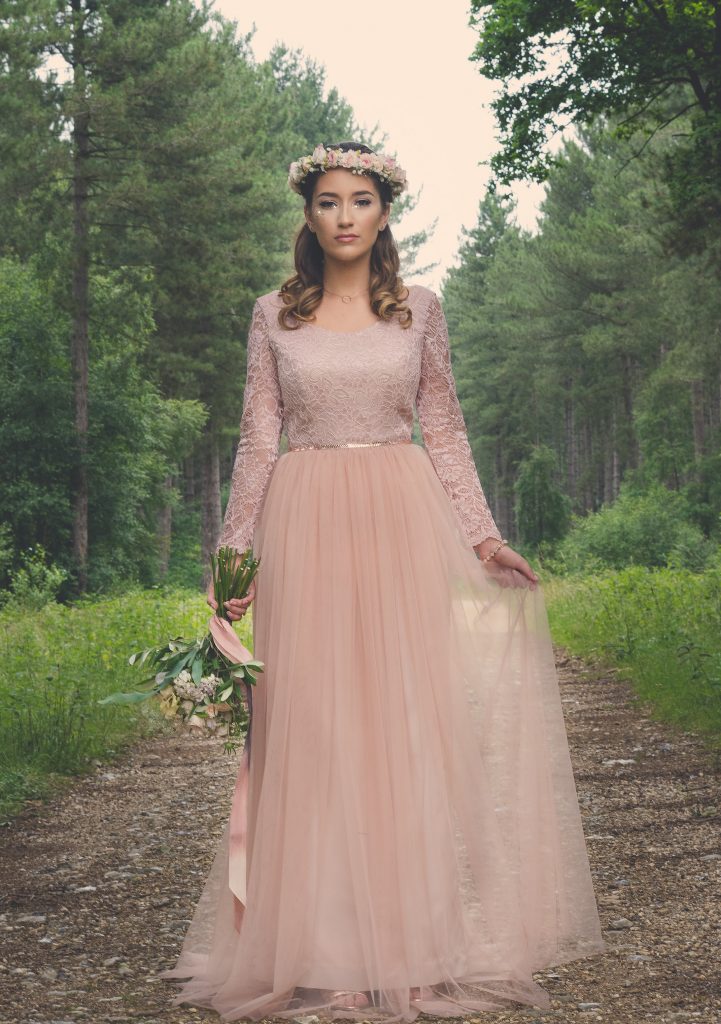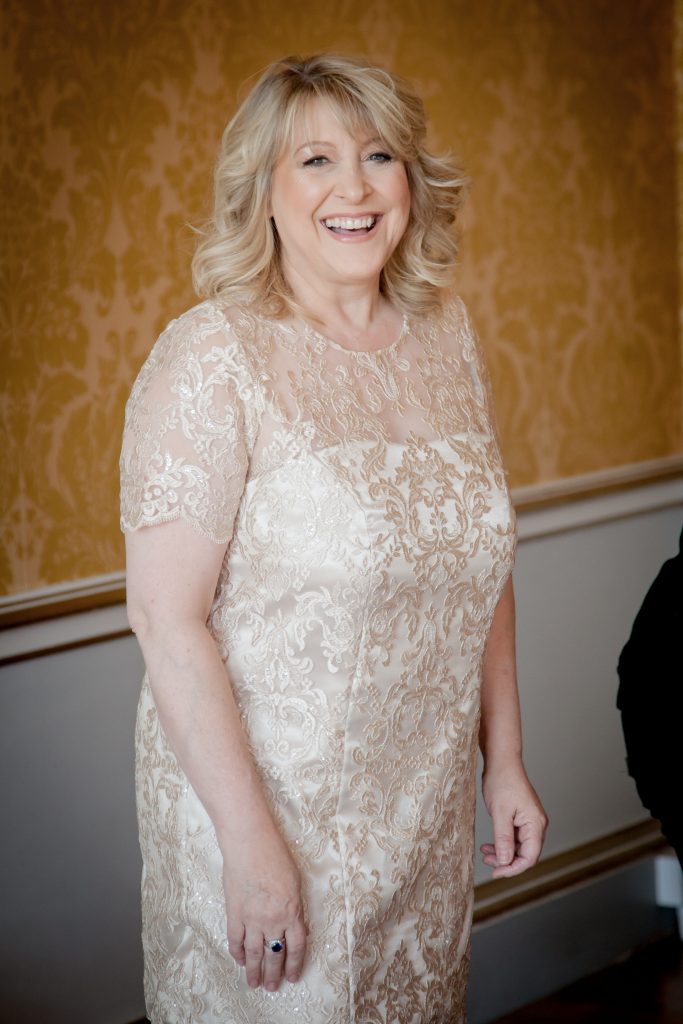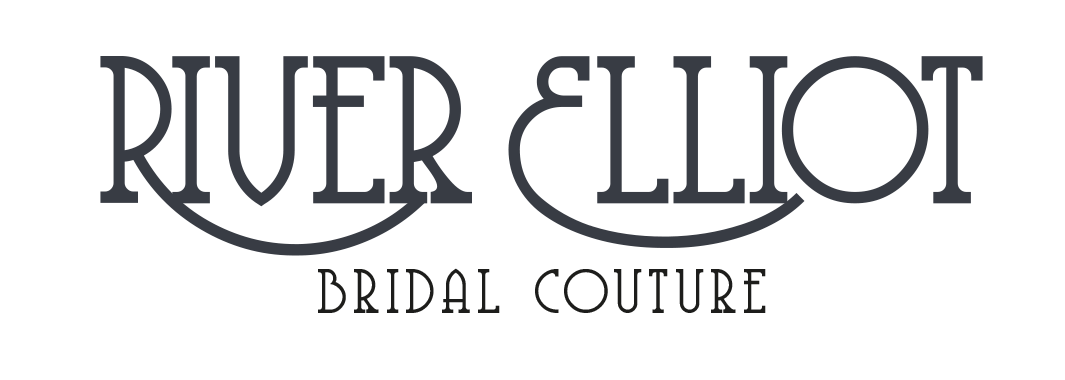All you need to know about lace wedding dresses
You love the look of lace wedding dresses, but you’re not sure exactly what you’re looking for, or if it will suit you. Wedding dress shopping can feel instantly overwhelming with so many different options to choose from and it’s safe to say, the bridal market is saturated with options for lace wedding dresses.
Discovering what types of lace are out there, what they look like and most importantly, which you like best, will really help you to narrow down your search.
I’ve compiled a short guide to the most commonly used lace for wedding dresses paying particular attention to the type of lace available.
Chantilly Lace
One of the most delicate of laces, Chantilly is historically a French-made lace made by hand in Bayeux, France. In the late 19th Century, good imitations were made by looms. Chantilly is very fine and made in either cotton or silk. It’s most often placed over a coordinating underlining of silk or satin, with its motifs placed to accentuate the design of the dress.
Recent examples of Chantilly lace are Amal Clooney’s stunning wedding dress designed by the late Oscar de la Renta. The dress features beautiful tulle appliquéd with chantilly lace, while the bodice area of the wedding dress was hand-beaded with crystals and beads.
Alençon Lace
Alençon is more commonly known as a corded lace. The edges of each flower motif are ‘corded’, which gives a certain 3D appearance to this lace. It’s exceptionally pretty with its history also hailing from France. The corded elements allow for the lace to be trimmed and placed invisibly, which is useful if the designer wants a seamless appearance to the dress without seam lines or obvious shaping.

This custom made wedding dress uses an ivory corded lace. All seam lines have been appliquéd so that the lace appears as one entire dress without any obvious unsightly ‘join’ lines. The lace has been set over an ivory matt duchess satin for a soft, feminine look.
Guipure Lace
Guipure is very striking with its bold, larger motifs, which are connected by plaits or bars as opposed to mesh like other lace. Guipure is often more robust than other laces in its nature and is perfect for the bride who would like to avoid the look of ‘mesh’ in her wedding dress. Guipure has a thicker, stronger outline that often looks embroidered or corded. Guipure lace can be used all over a wedding dress or as highlights just on the bodice, back and sleeves.
A recent famous example of a guipure lace wedding dress is that of Pippa Middleton. The sister of the Duchess of Cambridge wore an exquisite Giles Deacon wedding dress featuring heavy guipure lace.
Chemical Lace
You may come across the word ‘chemical’ being used to describe lace. This essentially means that the lace has been embroidered on a backing material that disintegrates after the lace has been made. The result is an almost ‘air-like’ quality to the lace.
Lace Bridal Trends
As far as bridal trends go, lace is and probably always will be the main ingredient. Whether catwalk trends vary from slim, column dresses to full princess gowns, you’ll always find lace in its various forms.
Currently, the Spring 2019 bridal trends feature a range of styles and inspirations. Several designers preempted the Royal Wedding with exquisite, full ball gowns donning the catwalk. For inspiration, see Monique Lhuiller’s Spring 2019 collection here. Lace is an integral component and provides that Royal, feminine edge fit for any Princess.
Lace is wonderfully versatile and suits all shapes and sizes. When looking for a wedding dress, the elements that you will consider more in terms of whether it will suit you are style and fit as opposed to materials. Lace generally works with a multitude of designs from fitted (mermaid style wedding dresses) to flared (tea length vintage style dresses). However, lace is a very personal choice. Some brides don’t like it and opt more for satin and embellishment, whereas other brides consider lace wedding dresses ultimately bridal and love the romanticism.
Coloured Lace
Lace wedding dresses come in various colours with the most common being made in ivory or white lace. However, lace can also be placed over a contrasting backing fabric (underlining) for a striking design. In recent years, the bridal industry has seen soft ivory or cream lace placed over a subtly darker underlining such as a mocha or cappuccino colour to offer a modern, contemporary feel.

This photo is our popular Esme dress which features blush pink Alençon lace place over a coordinating lining. The lace is paired with a beautiful, soft blush tulle for a wonderfully boho princess look. You can see more photos of Esme in our gallery here.

This cocktail dress custom made for a Mother of the Bride in our Cambridge studio uses a beautiful champagne coloured lace which has been embroidered with sequins for that extra wow factor. It has been placed over a champagne satin which adds extra sheen and glamour.
How much do lace wedding dresses cost?
Lace wedding dresses vary greatly in cost depending on the quality and production of the lace. Additionally, if lace is embellished with beading and sequins this may also increase the price of your dress. Typically, as a bridal dressmaker I have used lace that ranges from £14 per metre to £150 per metre. It depends greatly on the bride’s choice and budget, but often you do get what you pay for in terms of quality.
I hope that helps answer your questions about lace wedding dresses. Are you considering a lace wedding dress, and if so what style would you opt for? Classic or contemporary and why?

Kate Beavis
Love the blush dress so much – if I got married again (which hopefully I won’t need to!) I’d wear pink! It is lovely x